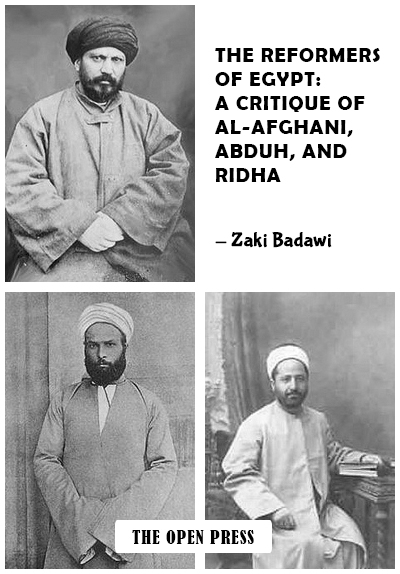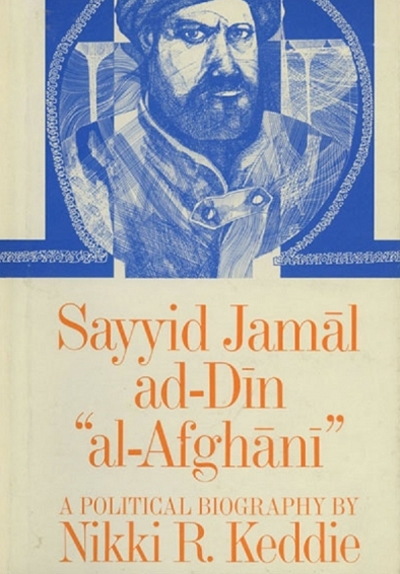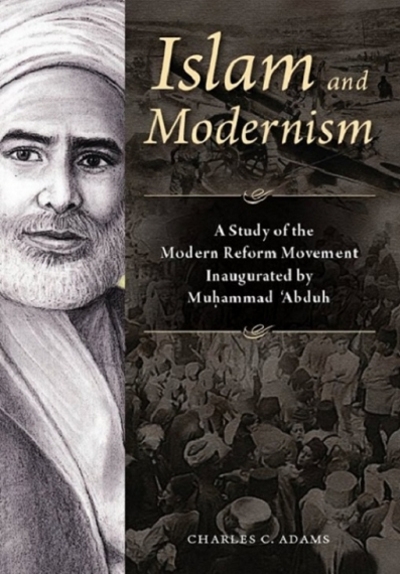



At a time when takfirism deliberately promoted by the Saudi regime and its henchmen, is grabbing headlines, sincere Muslims of all schools of thought in Islam are working for unity. This reflects the view of a clear majority of Muslims worldwide.
Modern Muslim thought emerged as a reaction to the impact of the west upon Muslim society. The west forced its way into the Dar AI-Islam, interfering in its affairs and reshaping its destiny. The initial reaction of the Muslims consisted of fortifying themselves with western weaponry. It soon, however, became clear that a modern army presupposed a modern society. The age of the savage fighter descending upon the civilized world to ravage and plunder was over. Military power became one of the dimensions of the degree of modernity. In the following pages we will deal with the views of three major leaders of the Reform School in Egypt: Jamal AI-Din AI-Afghani, Muhammad 'Abduh and Rashid Ridha.
1Jamal ad-Din "al-Afghani", one of the outstanding figures of nineteenth-century Islamic history, has attracted increasing interest in both the East and West in recent years. Jamal ad-Din, known also as Afghani, was one of the first important leaders to try to reinterpret traditional Islamic ideas so as to meet the agonizing problems brought by the increasing incursions by the West into the Middle East. Rejecting either pure traditionalism or uncritical imitation of the Christian West, he began what has become a continuing trend among Muslim modernists emphasizing pragmatic values needed for life in the modern world. These included political activism, the freer use of human reason, and efforts to build up the political and military power of Islamic states. By seeking these values within the Islamic tradition instead of openly borrowing them from the hostile West, he was able to attain an influence on religious Muslims not possible for those who simply appropriated Western ideas.
1These essays by Charles Adams, a sympathetic American academic, examine Islamic reformism in Egypt through the work of 'Abduh (1849-1905), revealing the influences that molded his thought and tracing his transformation from someone who was "buried in mystic visions" to a leading champion of Islamic reform. This work serves as an intellectual biography of a man whose thought and legacy had a profound impact on subsequent Islamic thought and political movements, even those who ostensibly reject much of what he stood for.
1


